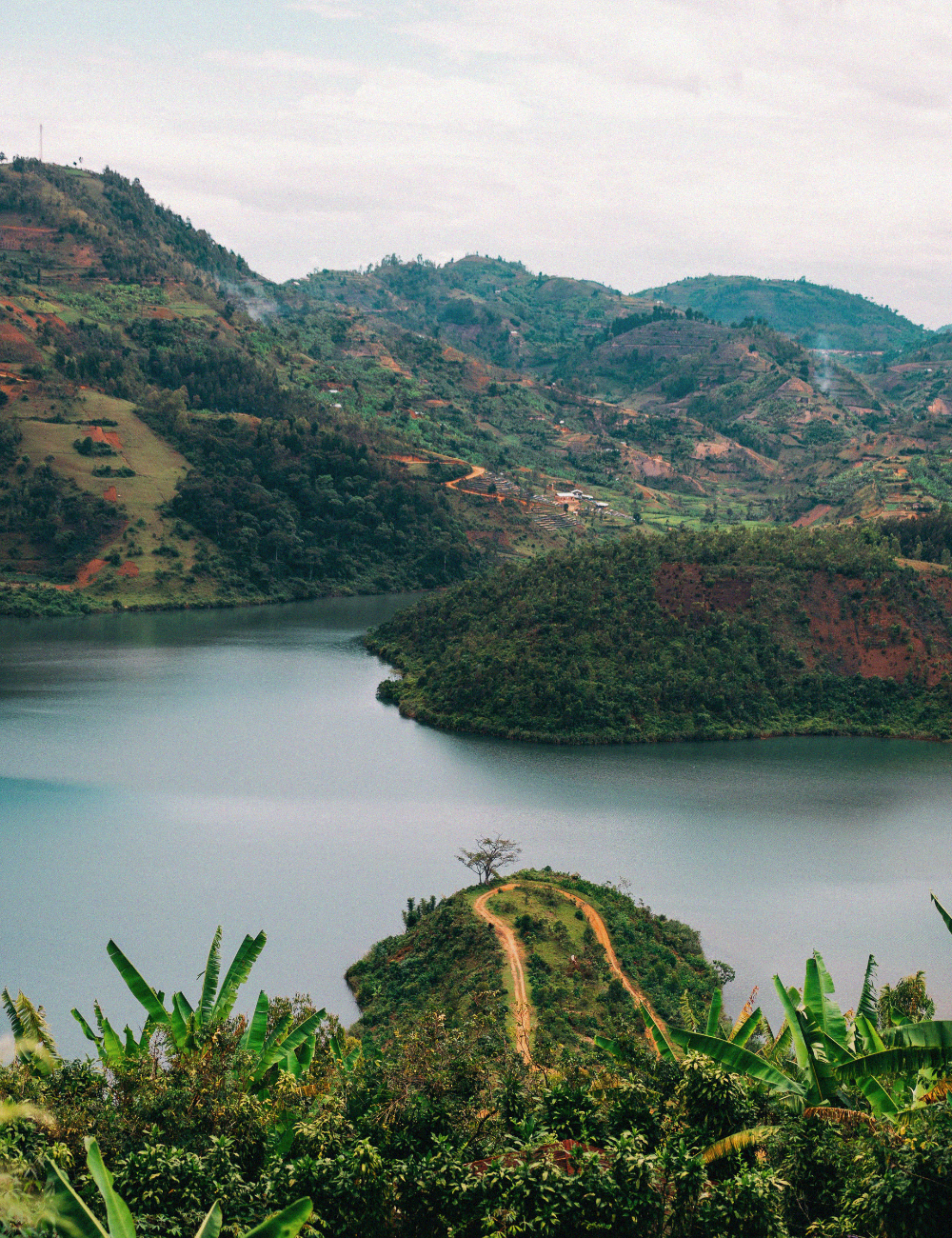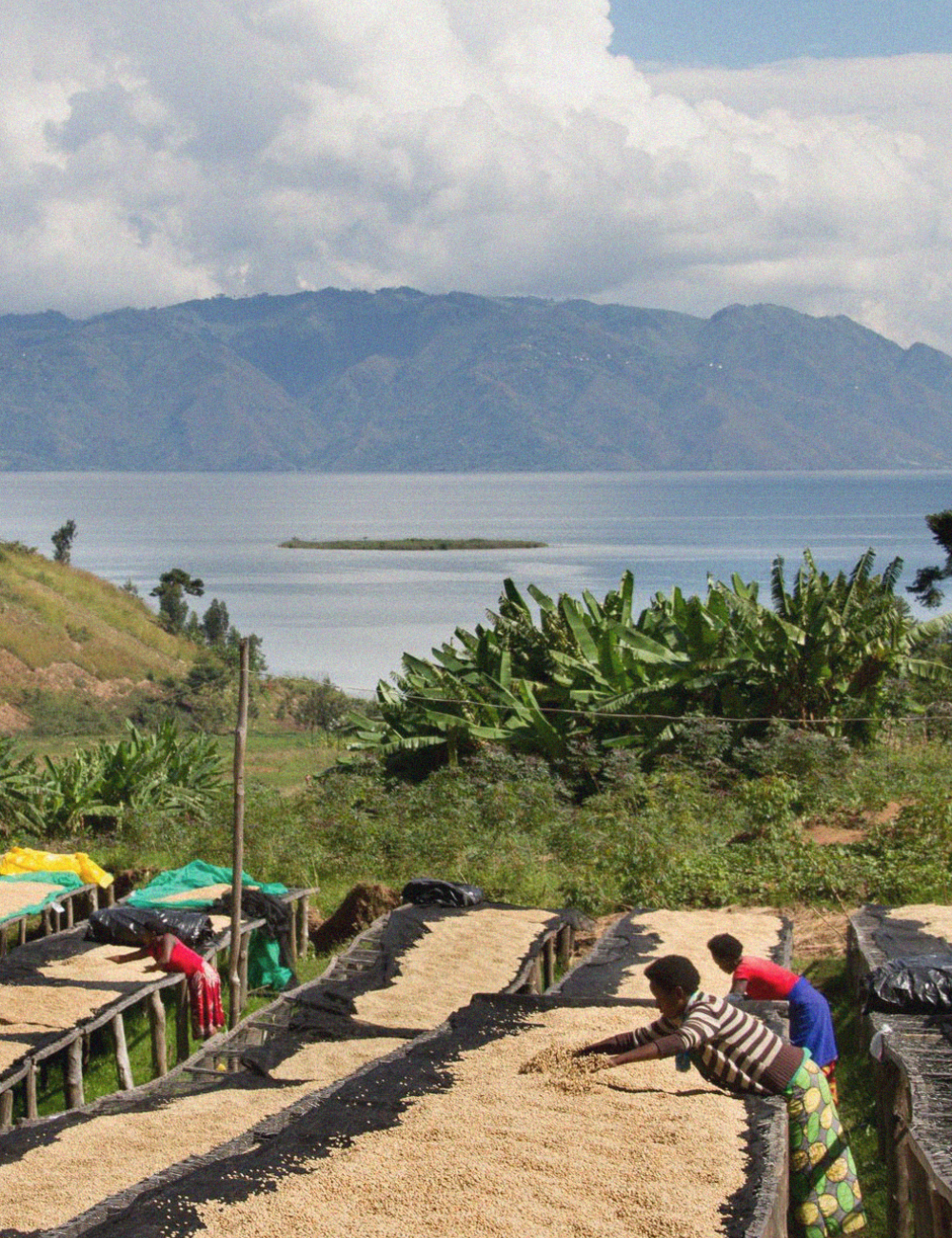Gisheke
Gisheke
Lake Kivu's steady winds create ideal conditions for drying high-quality coffees: red apple sweetness & a jam-like body.
Regular price
£15.25
Regular price
Sale price
£15.25
Unit price
per
Couldn't load pickup availability
Character
Character
We taste red apple and vanilla.
Brewing
Brewing
Recommended for espresso and filter.
Resting
Resting
We recommend resting our coffee inside its sealed bag for a minimum of 21 days to enjoy the best results.


Nestled between steep hills.

The Producer

